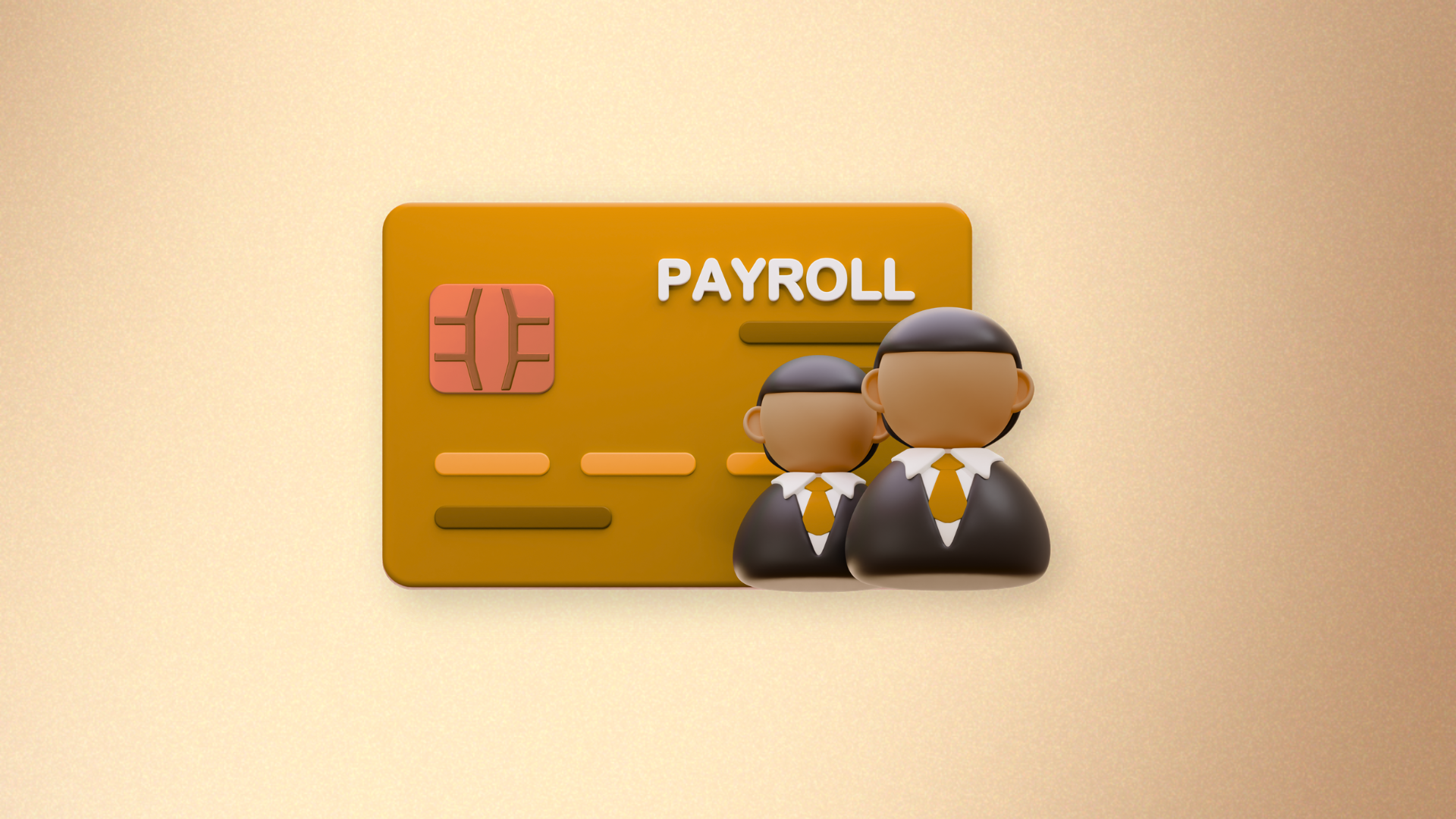Managing payroll is one of the most important aspects of running a business. If your employees get paid accurately and on time, you can maintain productivity in your work environment. However, every business owner faces a fundamental issue with payroll, i.e., payroll funds are kept idle in the bank account before being disbursed.
In today’s KOFFi break, we will explain how businesses can use overnight funds to manage payrolls more efficiently. Let’s dive deep into it!
Introduction to Payroll Management
Here’s a short overview of payroll management. Payroll management is the entire administration of an employee’s financial records, including salaries, deductions, wages, bonuses, and net pay. Effective payroll management ensures all employees are paid correctly and on time.
Payroll funds are set aside early to ensure employees are paid on time. These funds sit idle for several days or even weeks, creating an opportunity for businesses to earn returns on them.
Businesses can optimise their payroll reserves by parking in low-risk, highly liquid financial instruments. One such instrument is overnight funds. By leveraging overnight funds, companies can earn returns on their idle payroll funds, enhancing overall financial efficiency without compromising liquidity.
How Businesses Manage Their Payrolls in the Idle World
1. Dedicated Payroll Account
- Many businesses use a separate account just to manage payroll funds. These accounts are separate from the company’s operating accounts.
- This account is only for employee payments, providing extra security.
- However, these funds often sit idle and earn very little interest.
2. Cash Flow Optimization
- Some businesses use advanced strategies to manage cash flow.
- They align when money comes in (accounts receivable) and when it goes out (accounts payable) to reduce idle funds.
- This method is effective but can be complex and needs careful financial planning.
3. Creating Emergency Funds
- Businesses keep emergency funds for unexpected payroll needs or demands.
- These funds are in accounts that are easy to access quickly.
- However, they usually earn low interest, leading to another opportunity cost.
Here’s how overnight funds can be beneficial for managing payroll.
Benefits of Managing Payroll Funds Using Overnight Funds
Overnight funds are open-ended debt mutual funds that invest in overnight securities or assets with a maturity of just 1 day. Here are some of the benefits of managing payroll funds using overnight funds:
- High Liquidity: Overnight funds can be easily liquidated. This ensures that payroll funds are available whenever needed.
- Safety & Security: These funds invest in low-risk securities, minimising the risk of capital loss. You will get returns through these safe instruments, rather than losing the funds.
- High Returns: They offer higher returns compared to traditional savings or checking accounts. Majorly, highlighting all the returns are risk-free.
Overnight funds invest in low-risk, highly liquid instruments like treasury bills and repurchase agreements. It provides a safer place to park money overnight while earning returns.
Let’s look at an example of an IT service business company that uses overnight funds to optimise short-term payroll money (As per the above 3 cases).
Example of an IT Service Business using Payroll Management
Case 1: Dedicated Payroll Account
- An IT service business keeps a fund of Rs. 10,00,000 for payroll in a dedicated account.
- By investing this amount in overnight funds, the company earns a return of 0.5% even for a short period (Average return of 0.5% per month)
- The company can earn an additional amount of Rs. 5,000 per month. It enhances their cash flow without compromising liquidity.
Case 2: Cash Flow Optimization
- An IT firm synchronizes its receivables and payables but still has idle cash due to timing differences.
- By parking these funds in overnight funds, the firm ensures that even short periods of idleness are productive.
- For instance, Rs. 10,00,000 sitting idle for 10 days in an overnight fund can generate a small but valuable return, adding to the company’s overall efficiency.
Case 3: Creating Emergency Funds
- An IT company maintains a Rs. 10,00,000 emergency payroll fund.
- Instead of keeping it in a low-interest account, they invest in overnight funds.
- This strategy allows the company to earn better returns while still having immediate access to the funds when needed.
Process for Short-Term Payroll Money Fund Parking in Overnight Funds
- Assess Idle Funds: See how much funds will be idle in your business account. Determine the amount of idle or payroll funds that can be invested in overnight funds without impacting liquidity needs.
- Choose a Reputable Fund: Select a reliable overnight fund with a track record of safety, liquidity and expense ratio.
- Fund Transfers: Transfer the payroll funds into the overnight fund to ensure they are parked promptly.
- Monitor and Adjust: Regularly review the returns of overnight funds and adjust the strategy as necessary to maximise benefits.
Conclusion:
The accounts and finance team of every business should explore overnight funds as a tool for better payroll management and maximizing returns. With careful execution, research, and planning, you can increase company financials easily.
Every small enterprise business can leverage overnight funds for payroll fund parking.
Was this helpful?
Click on a star to rate it!
As you found this post useful...
Follow us on social media!
We are sorry that this post was not useful for you!
Let us improve this post!
Tell us how we can improve this post?






 Ask us Anything!
Ask us Anything!